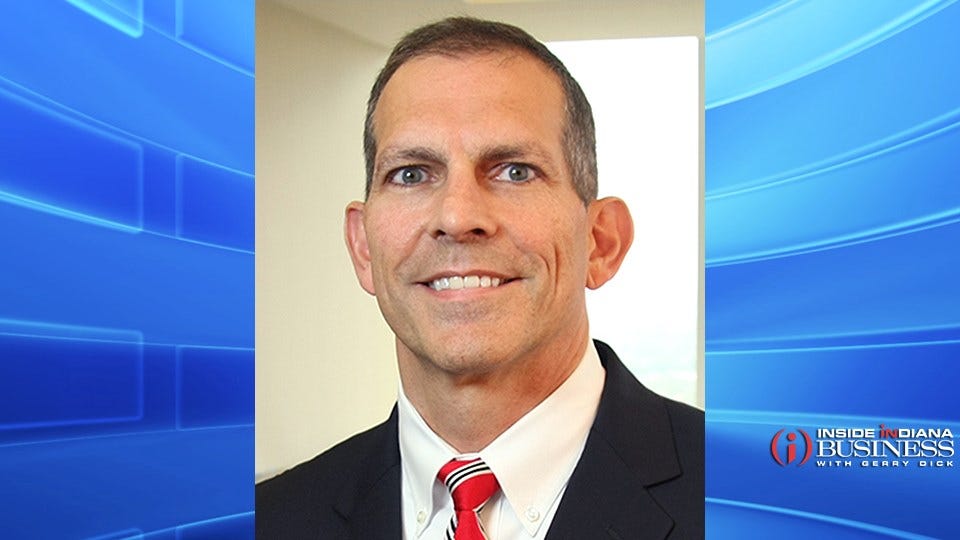CEOs: Do Not Misstate Your Coronavirus Supply Chain Difficulties

Subscriber Benefit
As a subscriber you can listen to articles at work, in the car, or while you work out. Subscribe NowWith the stock market dropping over 7,000 points since its all-time high last month, panicked over the latest coronavirus scare, COVID-19, public companies should expect plaintiff class action securities lawyers to pounce on any material misstatements or omissions made in their press releases and public disclosures, including misstatements about supply chain difficulties.
According to Thomas Insights, 60% of U.S. manufacturers have been impacted by COVID-19 in their production facilities and supply chains, with 46% of suppliers reporting that their shipping and logistics have been disrupted, 35% reporting incidents of offshore factory suspension and production restrictions, and 8% reporting that the outbreak has caused the costs of goods to surge. Given these difficulties and a declining market, company executives may feel compelled to quell investor panic about their supply chain difficulties. In doing so, executives must not make any misrepresentations or omissions of material fact because any misleading public statements will likely trigger a class action securities fraud lawsuit.
For example, misleading public statements about HD Supply Holdings, Inc.’s disrupted supply chain led to a class action securities fraud lawsuit, three years of hotly contested and expensive litigation, and a recent $50 million class action settlement.
In the HD Supply Holdings case, investors, on behalf of a class, sued the company, its chief executive officer, and its chief financial officer for misstatements about HD Supply’s disrupted supply chain in its facilities management division. The investors alleged that the facilities management division experienced significant failures after relocating its headquarters cross-country, laying off nearly all of its supply chain employees, under-ordering inventory for its busy selling season, and then over-ordering supplies to compensate for the loss. They further alleged that the company’s distribution centers continued to be paralyzed during the period at issue as they struggled to process the excess incoming inventory while trying to fill customer orders.
Around the same time, HD Supply’s CEO issued several public misstatements about the company’s supply chain difficulties. The defendants argued that the statements were mere puffery because they were so exaggerated or vague that a reasonable investor could not rely on the statements. That said, the statements that survived the company’s motion to dismiss the complaint included that “our work in facilities maintenance on our supply chain is on track,” “we’ve had … no surprises whatsoever,” “the supply chain disruption is behind us now,” “the supply chain is in as good condition as it’s ever been,” and “we’re right on track.” The witnesses, including four confidential witnesses or whistleblowers, and the company’s recorded metrics suggested that these statements were demonstrably false. Worse yet, the facts also showed that the CEO sold 80% of his company holdings ($54 million) a month after falsely assuring investors that the problems that impacted the supply chain were “behind us now.”
Public companies and their executives are subject to the anti-fraud provisions of the federal securities laws. Section 10(b) of the Securities Exchange Act of 1934 and the Securities and Exchange Commission’s Rule 10b-5 both prohibit misrepresentations or omissions of material fact in connection with the purchase or sale of any security. These provisions prohibit making any untrue statement of material fact or omitting to state a material fact necessary in order to make the statements made, in light of the circumstances under which they were made, not misleading in connection with the purchase or sale of securities. A fact is material if there is a substantial likelihood that its disclosure would be considered significant by a reasonable investor. This requirement is fulfilled if there is a substantial likelihood that the information at issue would have been viewed by a reasonable investor as having significantly altered the “total mix” of information available.
The court denied the defendants’ motion to dismiss the lawsuit finding that the investors had sufficiently alleged that the company and its CEO made false or misleading statements, which impacted the decisions of investors who bought company stock during the relevant time. The case is In Re HD Supply Holdings, Inc. Securities Litigation. On February 21, 2020, the Court granted preliminary approval of the parties’ proposed $50 million settlement. A final settlement hearing is scheduled for July 21, 2020.
The takeaway for public company CEOs from the HD Supply case should be clear—only state what you know to be true, even if it leads to a drop in your stock price. Do this because the law requires as much, and it will likely be less costly and disruptive to you than years of being embroiled in class action litigation. Now is also the time to review the limits of your directors and officers insurance policies and to consider whether to increase those limits given the anticipated new wave of securities fraud class action lawsuits.
